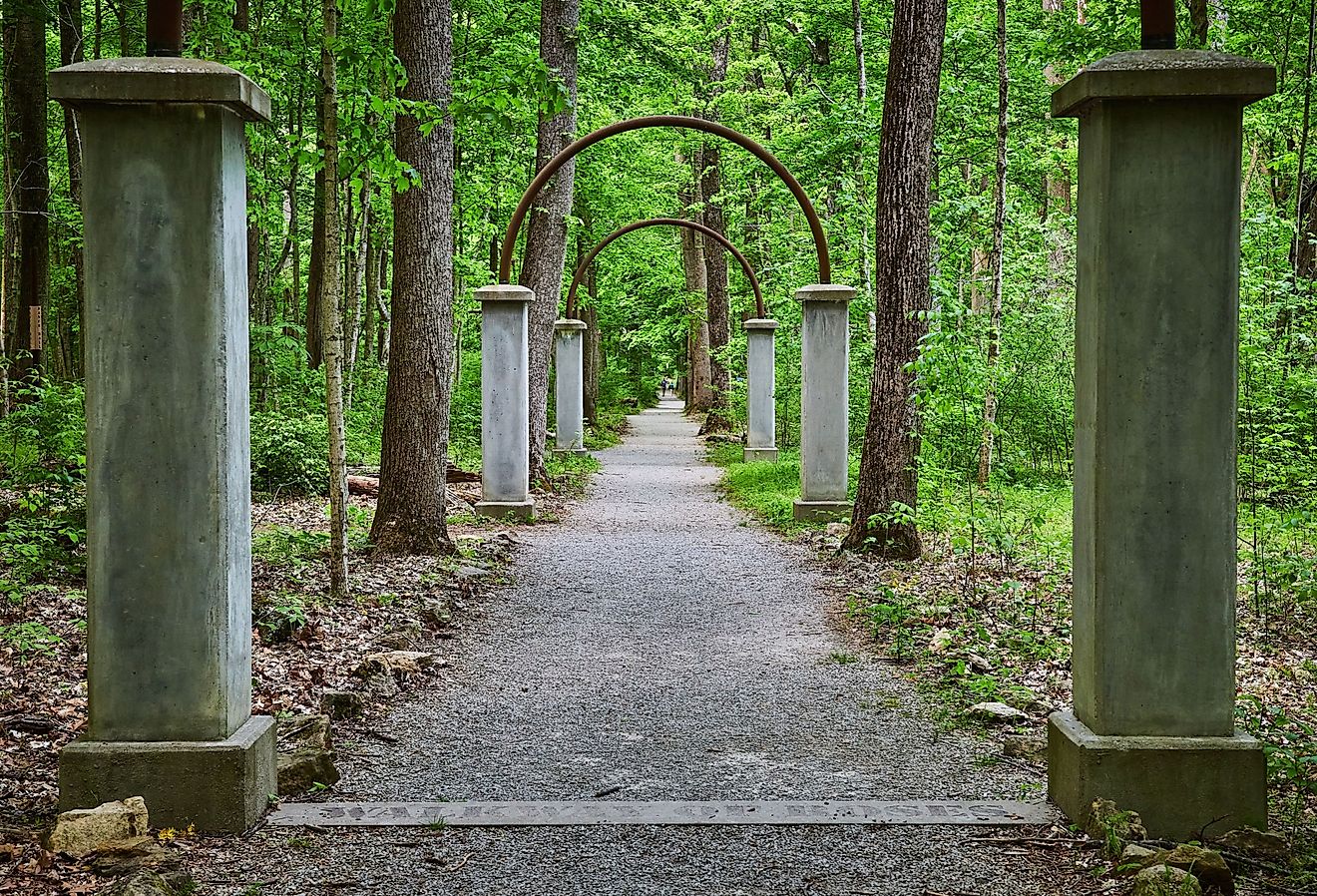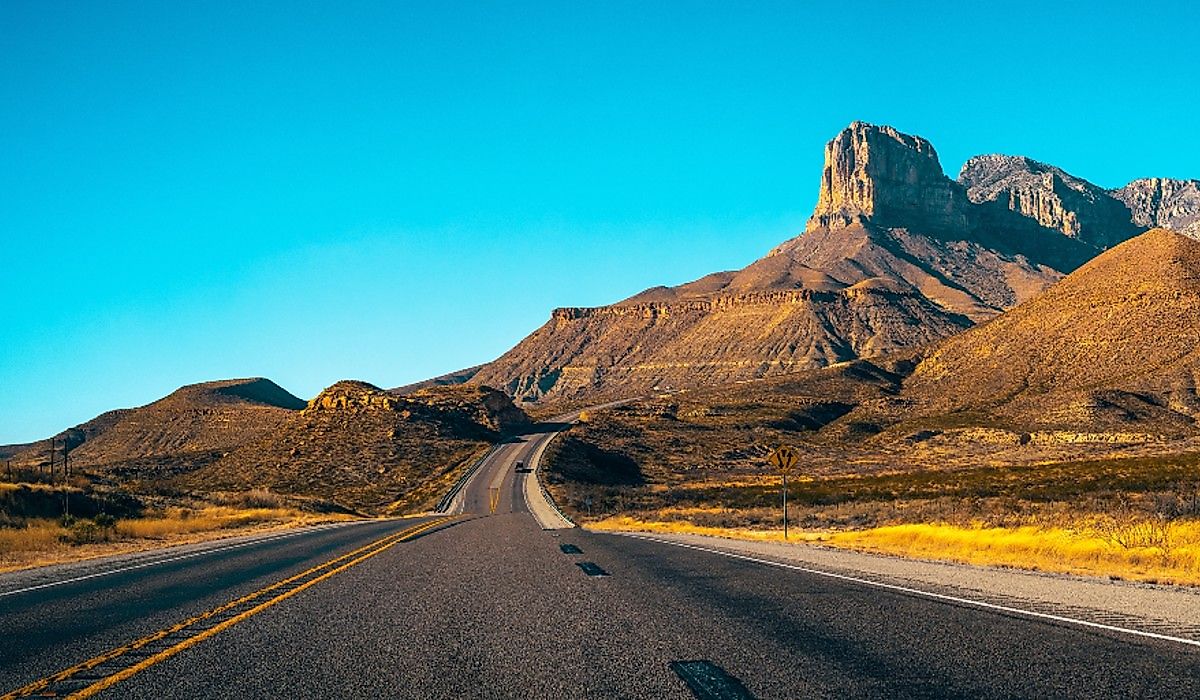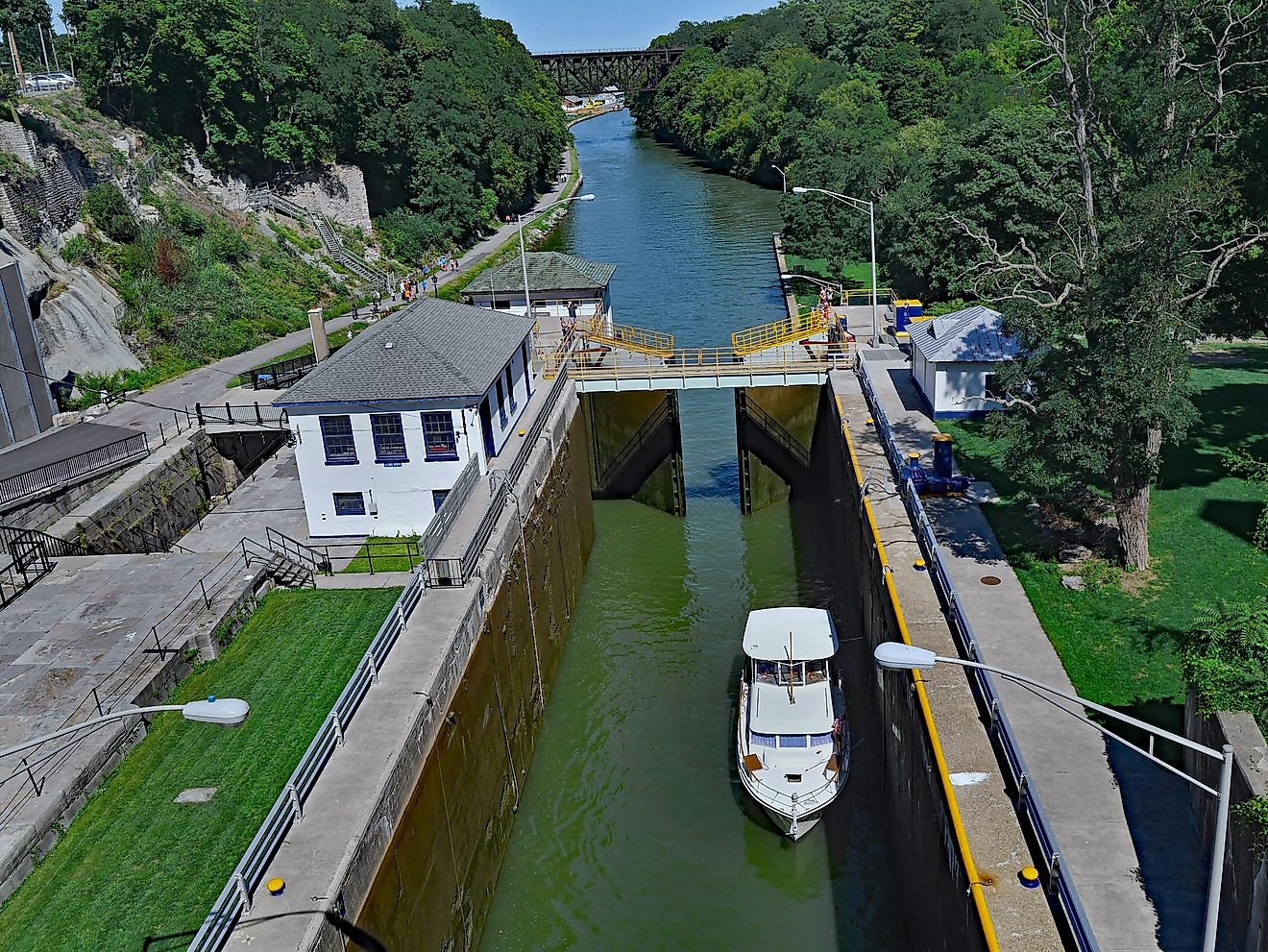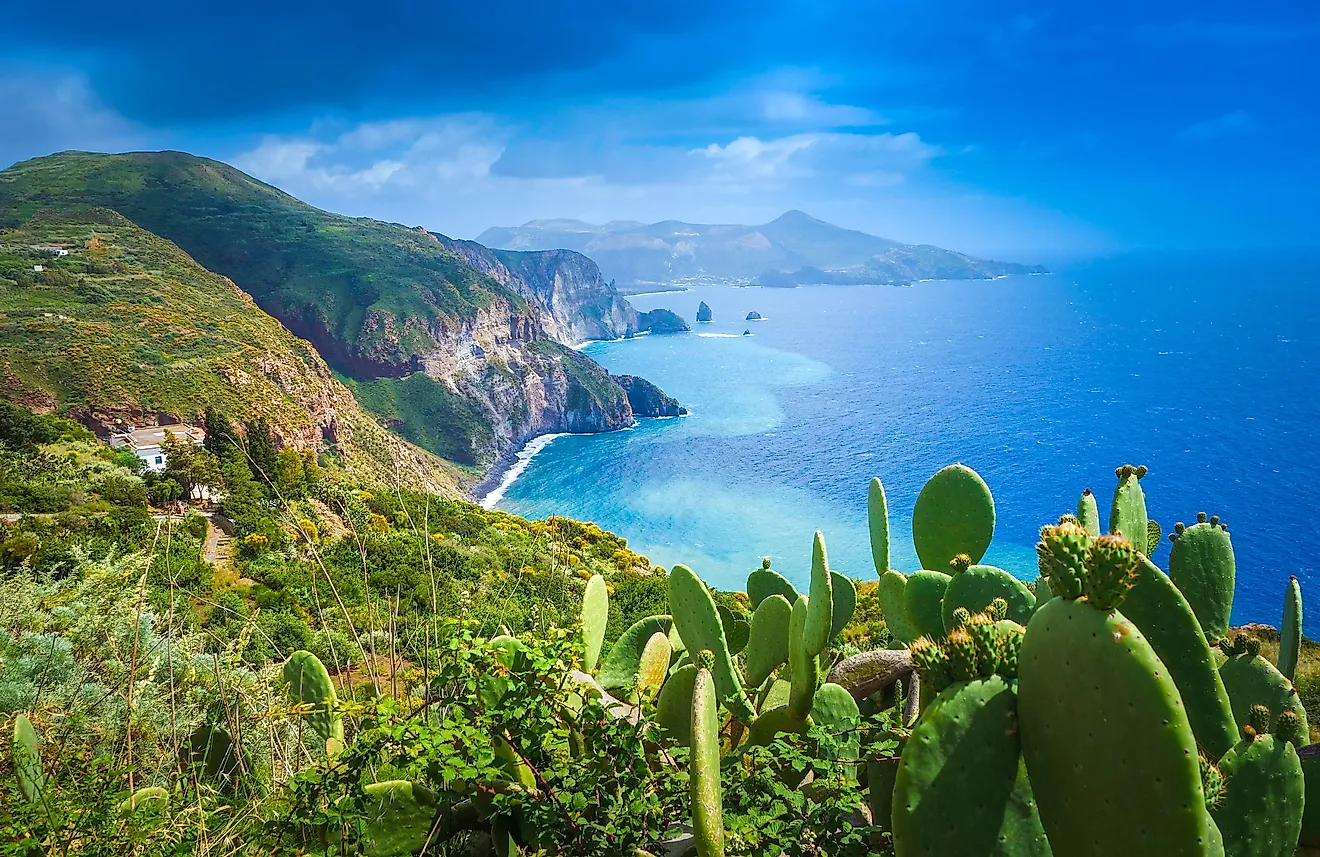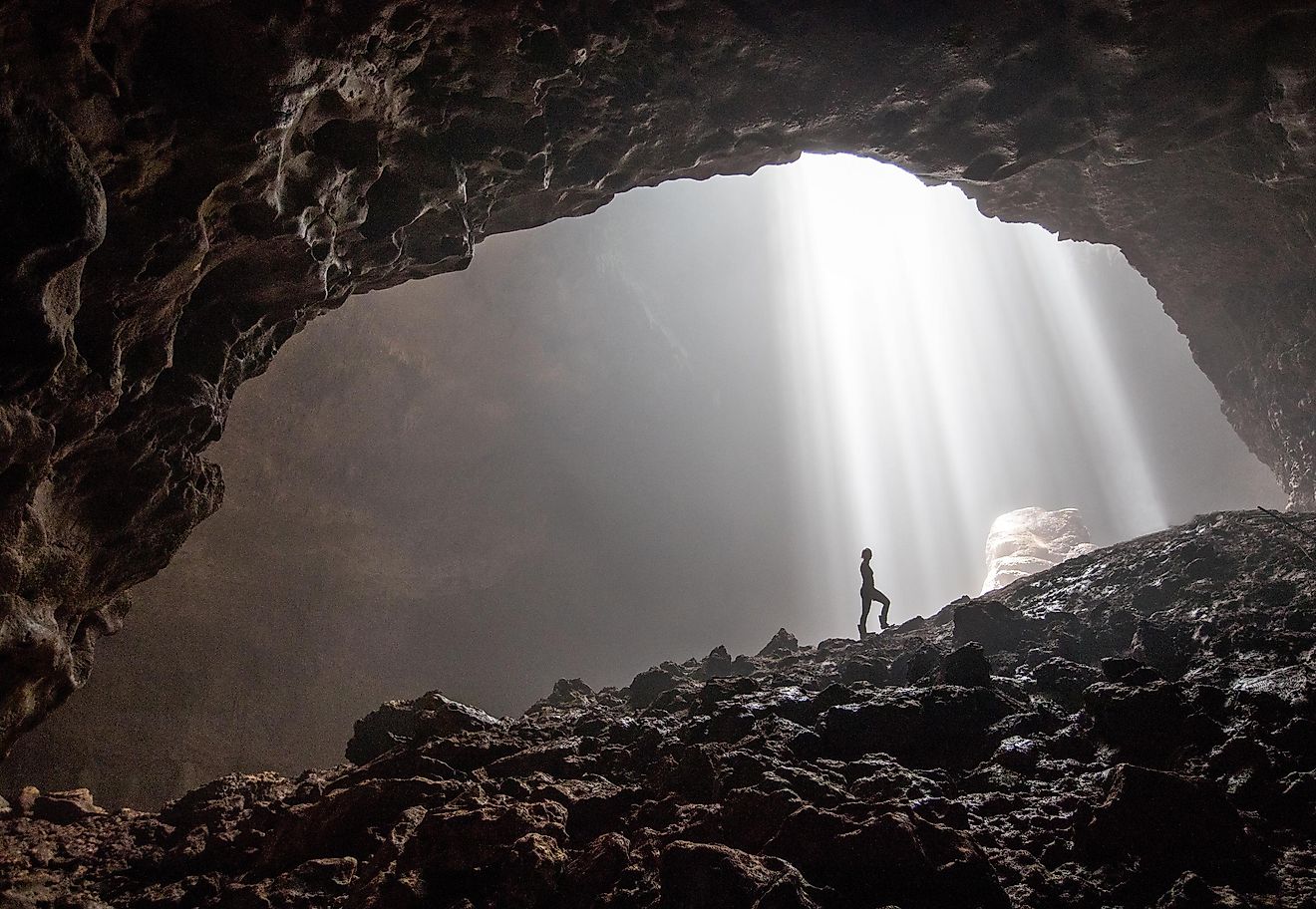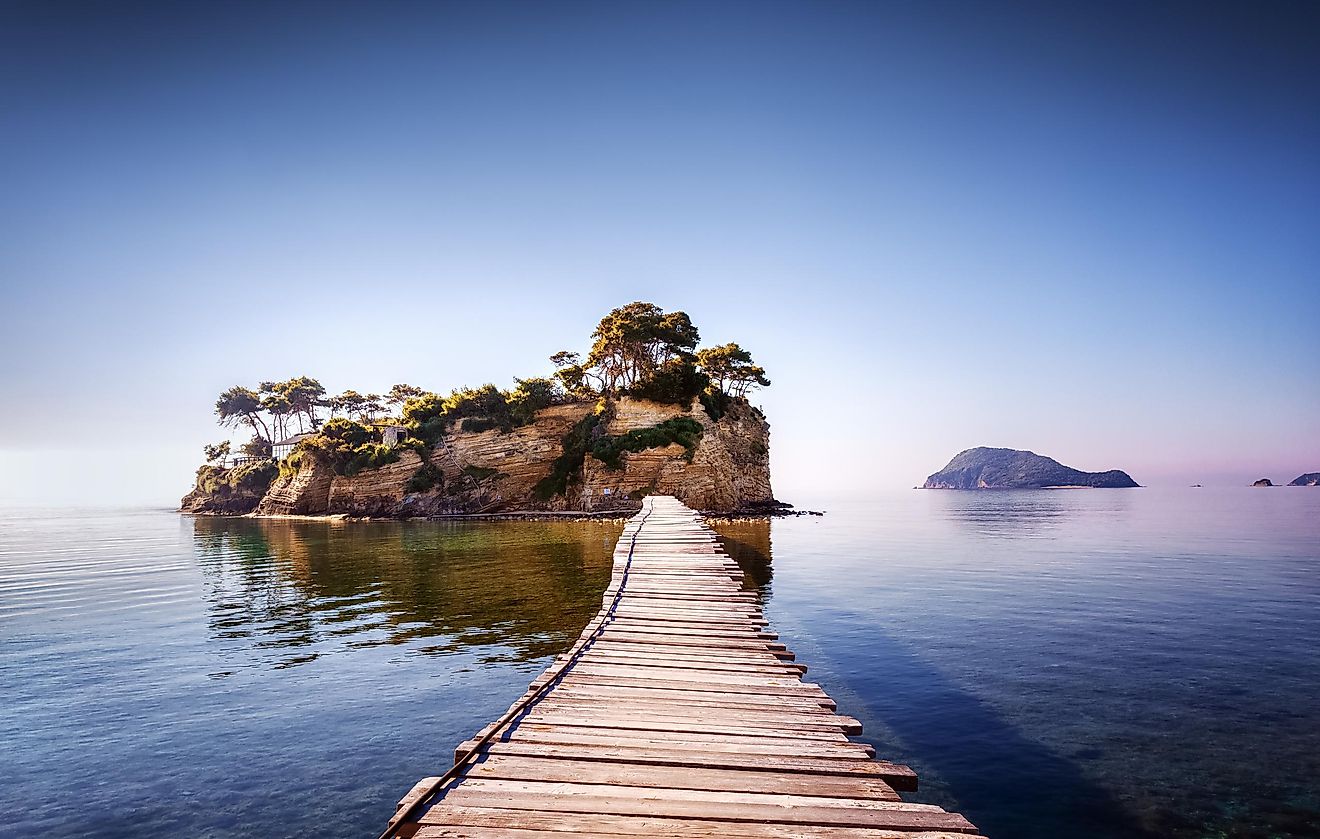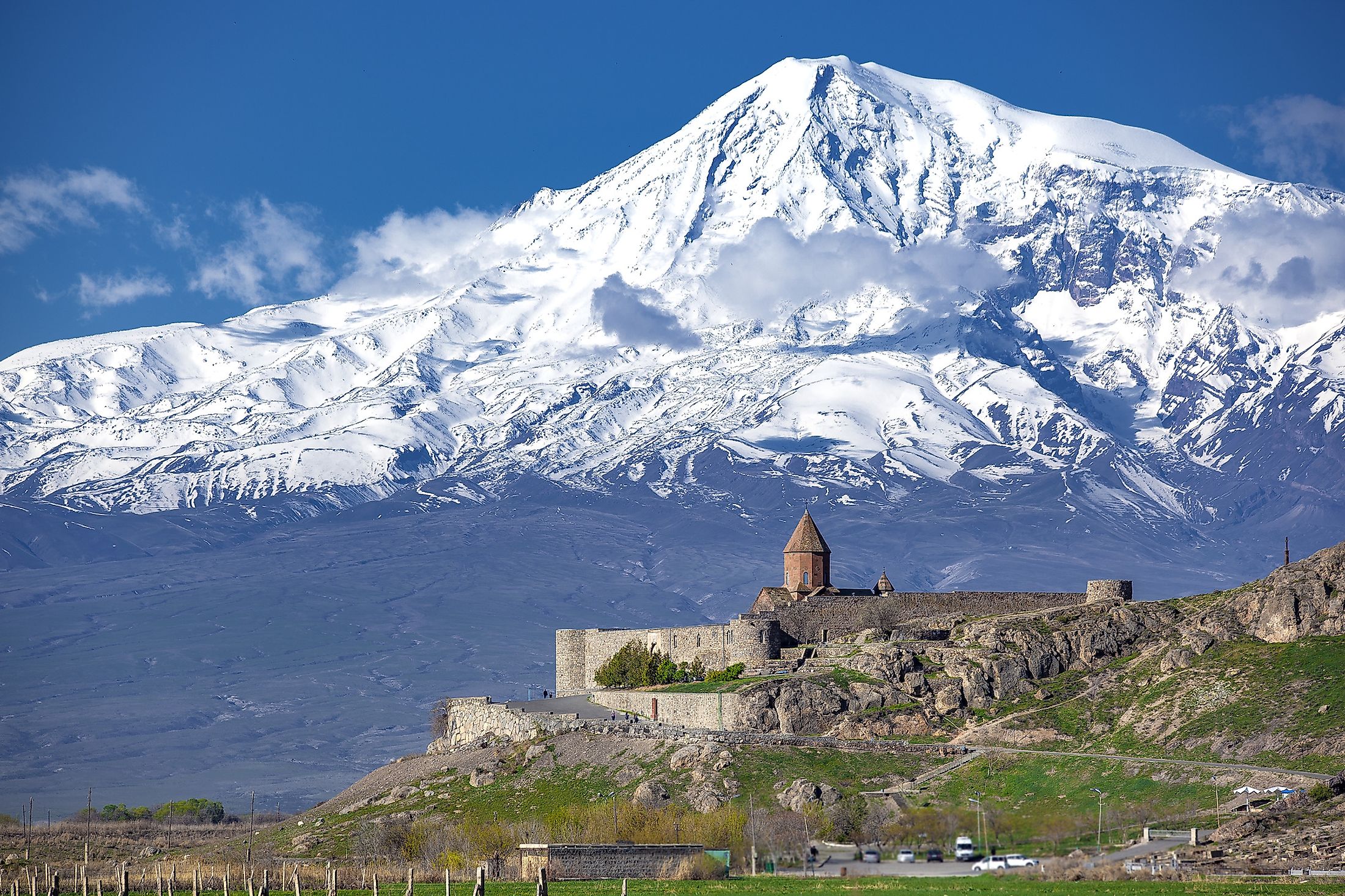
Mount Ararat
Mount Ararat is a popular destination for local and international mountain climbers in Turkey. The dormant volcano is also known as Mount Agri and Mount Masis. It is actually part of two snow-capped peaks, named Greater Ararat, at 16,854 feet, and Lesser Ararat, at 12,782 feet It is the highest mountain among hundreds found in the area, and the highest in the Armenian Highlands. Ararat is in the vicinity of Agri, in the eastern regions of Turkey. Climbers are only allowed to climb its southern route. Weatherwise, fogs are common and unexpected rainstorms do occur. July to September is the peak climbing season on the mountain, and a climbing permit is required.
Visiting Mount Ararat

The mountain is especially popular among climbers and explorers, in part because it is believed to be the landing site of Noah's Ark after the great flood. Since then, many groups of explorers have searched the area for evidence of the fabled ark. The mountain is also popular among bandits and terrorists, who have made the mountain their camping ground through the distant past. An intrepid tourist or mountaineer can get to Mount Ararat by flying to Istanbul, Turkey. Once in Istanbul, they should contact a licensed Turkish Travel agency and a certified Turkish guide to expedite a climbing permit as required by the Turkish government. These expedited permits take about a month to acquire.
Attractions

Turkey made Mount Ararat a national park in November of 2004. The Turkish government's idea was to attract more tourists to the area to improve the local economy there. It has also improved the security of the mountain and the areas around it. The average tourist will find many interesting things to see and learn about around Ararat. Climbing is recommended for mid-level mountaineers who are physically fit and experienced in the use of ice axes and crampons, and have self-arrest abilities. High altitude trekking experience at 3,000 meters for 5 to 6 hours will also be required to reach the summit. The non-climber, however, could opt for skiing on nearby Bubi Mountain, whose slopes are open from December to April.
Wildlife In The Region
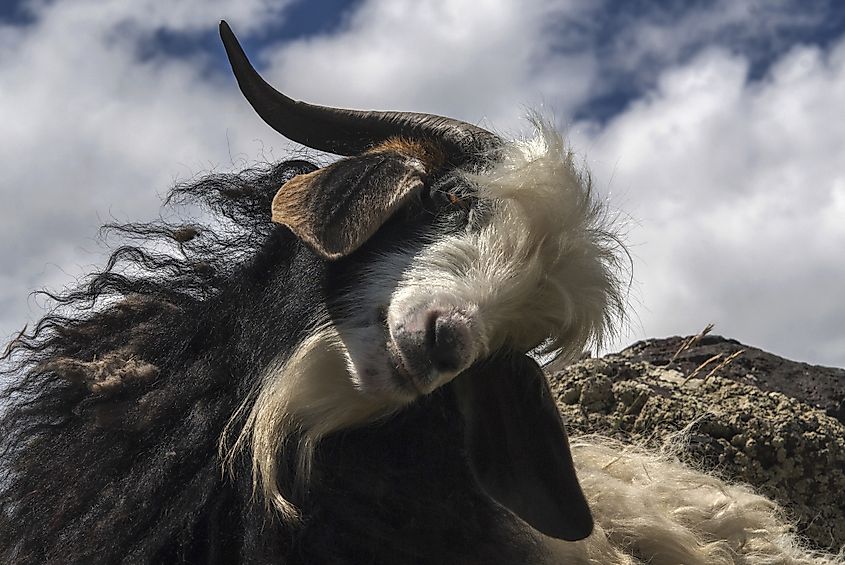
The mountainside of Ararat and its surrounding valleys were an ancient source of plants, and continue to be so in modern times. Food plants and flowers are grown here, and wild ancestors of these plants are still grown in the area. Almonds, figs, sour cherries, apricots, lentils, cherries, hazelnuts and chickpeas are just some of the produce found growing here. These areas' fauna are varied, including such creatures as migratory birds of prey, storks, and other small birds. The forested areas harbor bears, leopards, sheep, goats and deer, with native families keeping goats and sheep as livestocks as well. Souvenirs about Mount Ararat are scant, but are available on the Internet ranging from supposed "Ark relics" to books and posters.
Threats
Touring the areas around Mount Ararat does not present any significant danger to the average tourist. For climbers, however, they should be aware of the risks and danger involved when going up and coming down the mountain. Avalanches, carbon dioxide gases, deep crevasses, earthquakes, falling rocks, rockslides, lightning strikes, dense fog, and wild animals all pose real and present dangers to the climbers here. On the contrary, human impact in the form of climate change has caused the glaciers atop the mountain to shrink by 30 per cent in the period from 1976 to 2008. Glacial melt has a significant effect on human safety in the surrounding areas, as it exposes rocks and can cause rock slides. Turkish environmental groups are aware of these challenges, and are working to find solutions to them.



